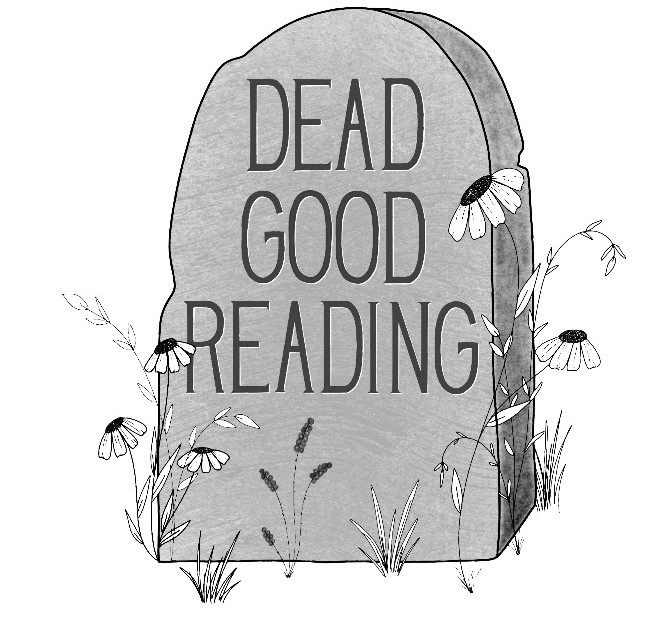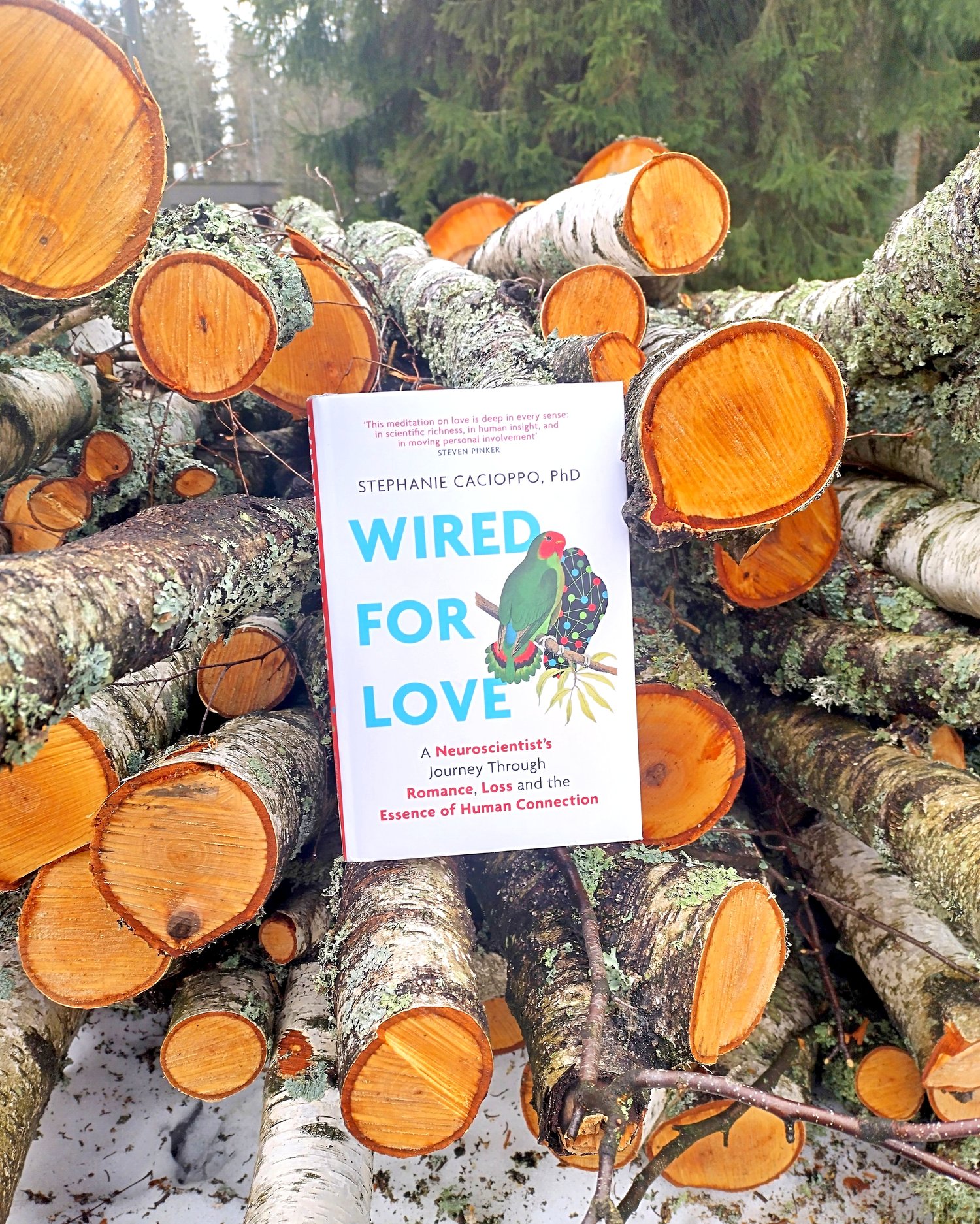Neuroscientist Stephanie Cacioppo works in the field of romantic love and loneliness. In Wired for love: a neuroscientist’s journey through romance, loss and the essence of human connection Cacioppo takes us on a journey to explore the academic field of social neuroscience. Despite having studied the neuroscience of romantic love academically for years, Cacioppo found herself in her first romantic relationship relatively late in life, at age 37. Wired For Love is about how we form connections, remain connected and what happens when death break such a bond.
Just seven years after Cacioppo found herself in a romantic entanglement, her husband died. In Wired for Love Cacioppo outlines the importance for human connections, what happens in the brain, and that relationships with others have the power to reshape the brain. As the title alludes to: people are wired for love.
There is something about the phrase ‘to be wired’ that annoys me disproportionally. ‘People are wired for connection’ is a phrase that is used often in psychological and neuroscientific research, and I don’t know why it angers me. But it does. Our brain sends electromagnetic waves, it does not, in fact, have wires. We are not machines. Or robots. It seems such an innocent phrase but it always gives me a little rush of rage. Perhaps because I feel it is the dumb-downed version of what really happens in the brain. I am curious to see if others have particular phrases that make them spiral, do let me know in the comments below if you do! Despite Cacioppo’s liberal use of this phrase, I very much enjoyed this book.
But as much as we are apparently build to be together with people, the pandemic has shown that too much connection is too much of a good thing.
“As happened during other global crises (the Great Depression, World War II), marriage rates fell, crashing through prepandemic lows. With their plans on hold, couples slowed down and got to know each other better -for better or worse”
— Wired for Love (Cacioppo, 2021 page 5)
Wired for Love reveals a lot of interesting things about couplehood and relationships. However, I do feel a lot of social neuroscience is deeply embedded in cultural norms, for example marriage and heterosexual relationships. As someone who lives in Finland, I feel there is much more space and social acceptance to be on your own, and even when you are in a relationship, to just do things alone. As Cacioppo points out; there is a difference between being alone and loneliness. Having lived quite a secluded childhood as an only child in a small town near the French Alps, Cacioppo was convinced that relationships were not on the cards. She interpreted this quite dramatically as being the odd one out, but I am personally deeply in awe of people who embrace singledom and choose to live fulfilling lives without a partner.
Personally I am also interested in the effect of platonic relationships on the brain. Friendship often seems to be overshadowed by romantic relationships but there is such a great benefit of having friends around (or, if you are an introvert like me, to be able to message them via What’s App).
As mentioned earlier, Cacioppo met her future husband aged 37. They had a strong relationship, but Cacioppo’s husband, who studied loneliness, died of cancer seven years into their relationship. Grief is the price we pay for love, but Cacioppo also shows the affect grief has on our brains:
“While grief hurts our bodies, it torments our brains. When you are grieving, you can’t think well. The brains alarm center, the amygdala, is overactive, while the “regulating and planning” center of our brain, the PFC, is underactive. That’s why people may have trouble doing simple tasks- they are lost in a fog of grief.”
— Wired for Love (Cacioppo, 2022 page 165)
Wired for Love is a great introduction into social neuroscience. Cacioppo’s writing is accessible and gives the reader insight into studies on both romantic love and loneliness. I always enjoy reading books that touch on an area of research I am not exploring myself, as this offers the potential of making new connections between different ideas and areas of expertise. So if you are interested in relationships, loneliness, and the impact death has on our brain, than this is the book for you.
Stephanie Cacioppo is one of the world’s leading authorities on the neuroscience of social connections. Her work on the neurobiology of romantic love and loneliness has been published in top academic journals and covered by The New York Times, CNN and National Geographic, among others.


Leave a Reply